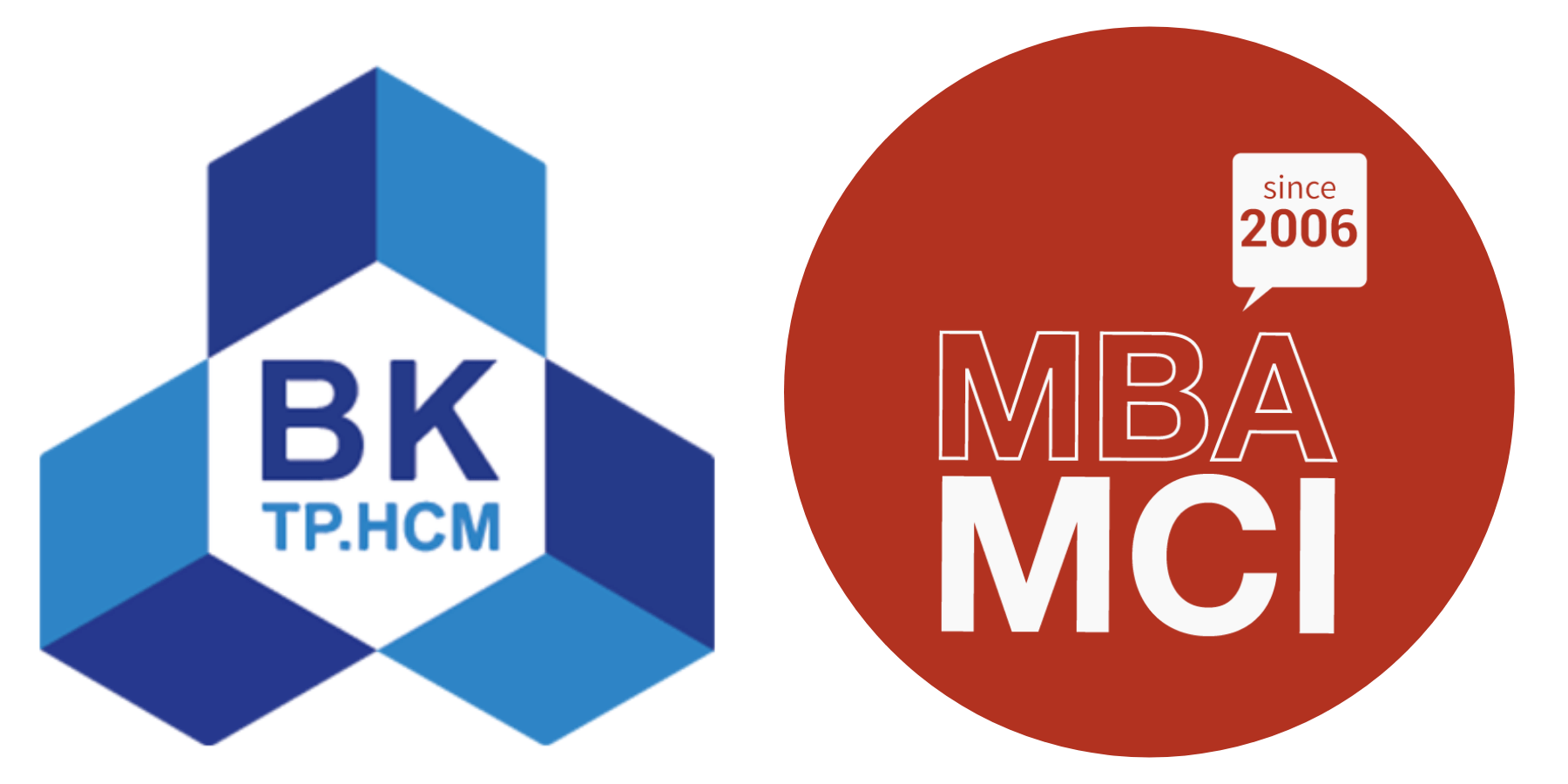This article is the first in a series of articles on how to break into the consulting business and the skills required to be a successful consultant.
What is a consultant?
Providing a job description for a consultant is a daunting task as it is a term that has multiple meanings. The job title “consultant” is very broad and encompasses many different areas. One can quickly conjure up an image of a nurse or a carpenter or even a CEO, but putting a face on a consultant proves to be more difficult. Consultants are also known by many other names such as contractor, temporary employee, specialist, advisor, mentor, guide and even unemployed. Since consultant is such a difficult term to define and distinguish, misrepresentation may also follow the term consultant. It is not uncommon for individuals to use the term consultant on their resume when they are between jobs.
Consultant vs. Employee
The main difference between a consultant and any other expert in a company is that the consultant is not employed by the company they are advising where an internal expert would be employed by the organization. Since the consultant works for himself and does not have a stake in the company the unstated question would be why would a company hire a consultant? The implied answer is the consultant must have some level of expertise or knowledge that the company does not possess internally. The consultant is hired to share that knowledge with the organization. During the 1980s and 1990’s there was high demand for high tech consultants who specialized in certain areas of I.T. Companies would pay top dollars; often hundreds of dollars an hour, to hire consultants to work in their organization on a very specific project for a very specific period of time. It was not uncommon for these specialized consultants’ to command $10,000 a week plus expenses. Companies gladly paid for their services as it was more efficient to hire a consultant for a month than to bring someone on staff full-time. After the tragedy of September 11, 2001, the demand for Information Technology consultants decreased dramatically.
Demand for Consultants:
There is still a high demand for consultants but if one is to be successful in the field, they must understand their knowledge and abilities. The consultant must know their areas of expertise, feel confident in their knowledge and then let the client dictate what services they need. Learning by listening and observing will go a long way in ensuring that the consultant is successfully meeting the needs of their clients. Consultant’s need to make certain they match their level of expertise with the demand in the market. If one is the renowned expert in widget making in the world, but there is no demand for widgets, the consultant’s expertise may not be utilized. As with any business, success is in part determined by supply and demand. The more versatile a consultant is, the better chance they will find a niche to market their services. If a consultant is well versed in more than one area in an industry and can apply their specialty to various industries, they will have more demand for their services. The consultant must determine how much to diversity is. Making the decision not to diversify can lead to stagnation and losing opportunities. Diversifying too much can lead to being overextended and not being unable to adequately service their clients.
When the market shifts, such as what happened in the I.T. market, the lack of diversity can hurt the consultant’s ability to find new clients in other industries. Once one has been labeled as an expert in a particular field, it is difficult for other industries to recognize the universal traits. Consultant’s need to understand that they will need more than just technical skills to be successful. The consultant will wear many different hats during their tenure. They will need to be technicians, receptionists, bill collectors, managers, sales people and marketers, sometimes all in the same day. Flexibility is the key to managing all of the tasks a consultant is required to perform. Managing change and second guessing oneself is a job hazard of consulting. It is a given that demand will change and a successful consultant will need to change along with them.
MBA-MCI Program




